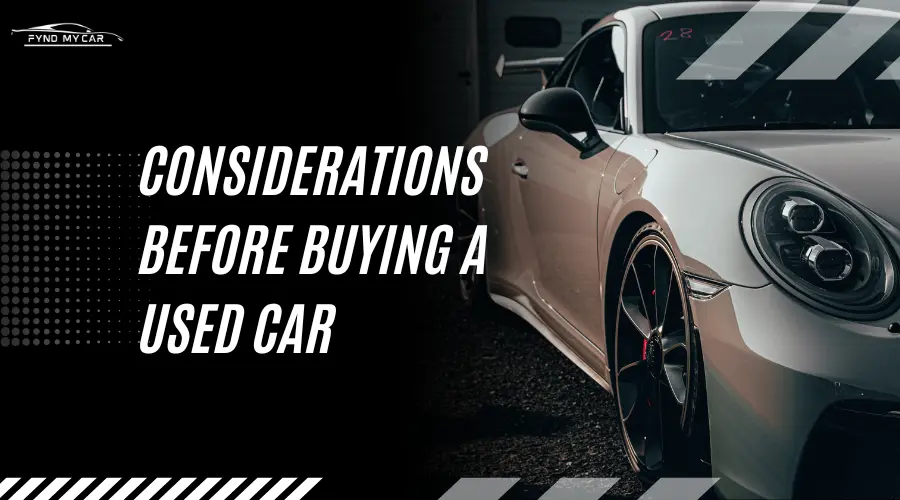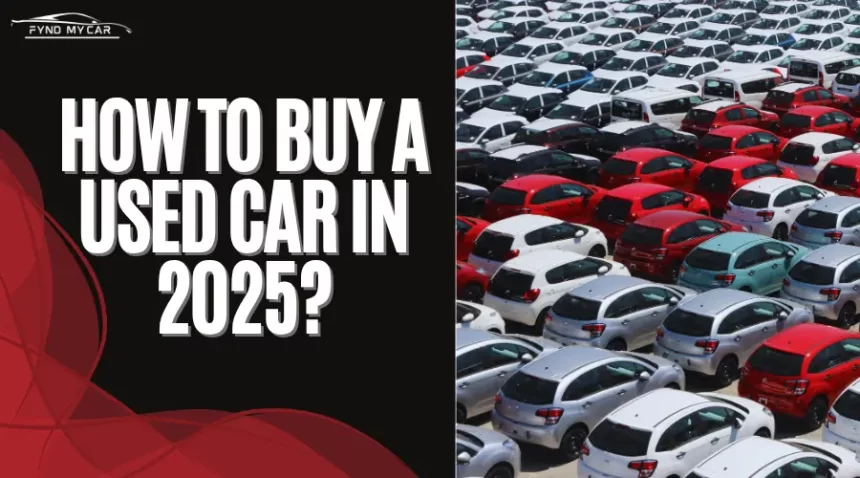Have you ever considered why some buyers of used cars walk away with a fantastic deal while others suffer a costly regret? If you know how to buy a used car, purchasing a second-hand car can be a smart financial move.
We’ll help you with every step of the process, from researching and budgeting to inspecting and negotiating, whether you’re purchasing from a private seller or a dealership.
To get a complete idea regarding this subject, make sure you stick to this page until the end.
Why Should You Buy A Used Car In 2025?
For several reasons, purchasing a used car is a wise financial move. Compared to new cars, which lose value as soon as they drive off the lot, it offers major savings. Additionally, used cars are less expensive to register and insure. A well-maintained used car can offer years of reliable service because modern cars are made to last longer. Additionally, a greater variety of models, features, and price points are available on the used market. For extra peace of mind, a lot of certified pre-owned options even include warranties. Overall, purchasing used offers excellent value without compromising on performance or quality.
What to Consider Before Buying a Used Car?

Purchasing a used car can be a wise financial move, but it needs to be carefully thought out to guarantee you receive the best deal and avoid unexpected problems. The main factors to consider before making a purchase are listed below.
- Determine a reasonable budget: Decide how much you are willing to spend before you begin to explore. In addition to the car’s purchase price, you should budget for other costs like insurance, taxes, registration fees, and possible maintenance or upgrades. Always plan for long-term expenses such as maintenance and fuel efficiency.
- Calculate Your Needs: Consider your driving and lifestyle choices. Do you require a pickup truck for towing equipment, a roomy SUV for a family, or a fuel-efficient vehicle for daily commuting? Understanding your needs makes it easier to choose and ensures that the vehicle you purchase will fit into your daily routine.
- Review car models and costs: Check different models and brands thoroughly to decide which ones best suit your needs and price range. Look at consumer feedback, dependability scores, and typical problems. Make sure you’re paying a fair market value by comparing prices using online resources.
- Verify the Vehicle History Report: Remember to request a vehicle history report from a reliable source. Important details regarding previous collisions, title status, service records, and mileage accuracy are included in this report. Stay out of vehicles with reuse titles or a history of fire or flood damage.
- Inspect the vehicle carefully: A physical inspection should never be skipped. Bring a reliable mechanic if you can so they can look for hidden problems like rust, leaks, engine problems, or worn-out tires and brakes. Although a professional inspection may be somewhat expensive up front, it can save money on future, expensive repairs.
- Take a Test Drive: To evaluate the car’s performance, a test drive is necessary. Watch how it brakes, steers, accelerates, and starts. Look at the general level of comfort and visibility, and listen for any odd noises. This helps in figuring out whether the vehicle is actually a good fit for you.
- Check Records of Ownership and Maintenance: Request service receipts and maintenance records from the seller. Reliability is indicated by a well-maintained vehicle with frequent tyre rotations, oil changes and timely maintenance. Additionally, ensure that the seller offers a clear title to prevent any future legal issues.
- Determine the Seller: Make sure the seller is reliable and open, whether you’re purchasing from a dealership or an individual. Avoid pushy sales techniques and be cautious if the seller is unwilling to provide information or permit inspections.
- Price Negotiation: Determine a reasonable price by using your research. To back up your offer, highlight any defects or repairs that are required. Be firm but polite, and don’t be scared to back out if something doesn’t feel right.
What Documents Must You Check Before Buying A Used Car?
Before you sign the contract, make sure you have all the necessary documents listed below. Documents are what make the car yours.
- Registration Certificate: A registration certificate is proof that you are purchasing a car from an official seller and that the transaction is not fake. However, you should always ask if the RC is accurate. The RC’s engine and chassis numbers must match the car’s.
- Insurance: You can look up previous accident claims and learn a lot about the car from the insurance. When it comes to ownership transfers, this document is crucial.
- Pollution Certificate: When transferring ownership of an automobile, the pollution under control certificate, or PUC, is required to determine the vehicle’s suitability.
- Road Tax: You can negotiate over the price if the road tax hasn’t been paid on the used car, even though it was paid at the time of purchase.
- No Objection Certificate: The finance company issues a No Objection Certificate, which certifies that all loan payments have been made and that the financier has no claim on the vehicle.
How To Buy A Used Car With A Loan?
Follow the steps mentioned below to know how you can buy a new car with a loan.
- Check your credit score first because it affects interest rates and loan approval.
- Next, create a budget that covers maintenance, taxes, insurance, and loan payments.
- To find out the loan’s limit, get pre-approved for a car loan from a bank, credit union, or online lender.
- Look into affordable used cars with a focus on history and reliability. Examine the vehicle’s history report and have it inspected after you’ve found one.
- Talk to the seller about the price. Once the terms have been agreed upon, finalize the loan with your lender, who can make the payment directly to the seller.
- Make sure your name is registered and the title is transferred. Lastly, before you drive your new car home, get insurance.
Conclusion
In 2025, purchasing a used car requires a clever fusion of modern technological tools and traditional hard work. Establish a budget first, then look into models that meet your requirements. Make use of reliable internet resources that offer verified listings and history checks driven by AI. Always take a test drive, check this vehicle, and go over the service records. For extra peace of mind, take note of certified pre-owned options. Obtain funding in advance and be ready to bargain. The process is now more convenient than ever, thanks to the growing popularity of digital transactions and virtual showrooms. To make a confident, cost-effective purchase, use patience, caution, and knowledge.
FAQ
Q. Where should I start when buying a used car in 2025?
A. Begin by setting a budget, researching models online, and checking prices on trusted platforms like Carfax, Autotrader, or certified dealership websites.
Q. Is it safe to buy a car online in 2025?
A. Yes, many platforms offer secure, verified listings with return policies. Always review the vehicle history and consider a third-party inspection before purchase.
Q. What should I check during a test drive?
A. Assess how the car drives, listen for unusual sounds, test all electronics, and check brakes, steering, and comfort.
Q. Should I get a mechanic to inspect the car?
A. Absolutely. A pre-purchase inspection helps uncover hidden issues that could save you money long-term.
Q. What paperwork is needed?
A. Ensure you receive the title, bill of sale, service records, and a completed vehicle history report. Verify the VIN matches all documents.







